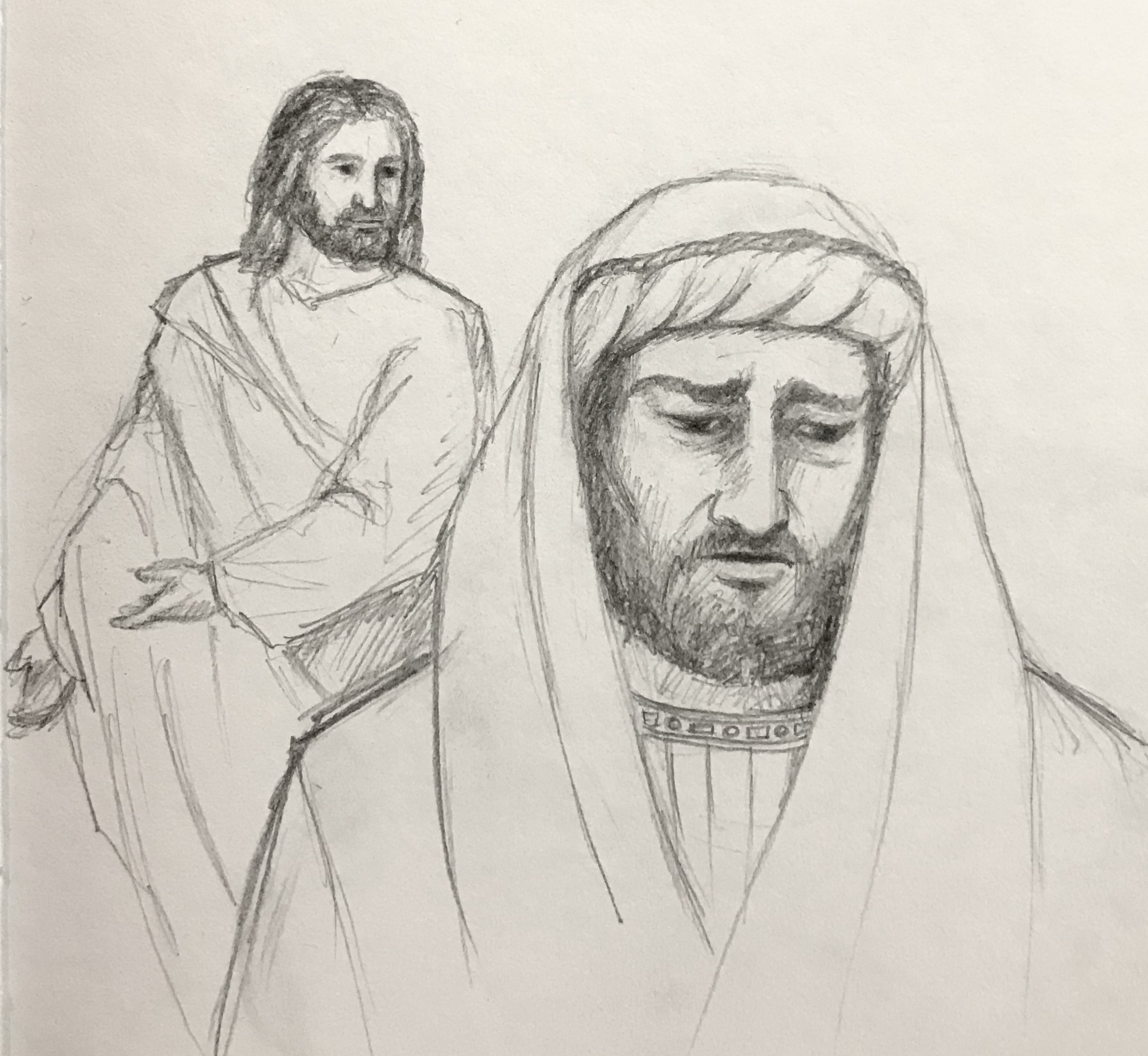In the minds of the Church Fathers, the Church was not at all an earthly kingdom. The Church, as they explain, is a hospital. St. Maximus of Turin sees the Church as a boat wherein we find an abundance of fish pulled out of the waters of the world and half-dead. By remaining in the boat, the fish are brought – not to the market – but to the shores of eternal life. The fish are certainly taken out of the comforts of the waters where they swam, but they are given lungs to begin breathing the pure air of the Spirit.
Saturday of the Tenth Week in Ordinary Time
Elisha’s initiation into the prophetic way of life sends a powerful message about the first criteria for bearing credible witness. When Elisha asks Elijah if he can return to bid farewell to his kin, Elijah gives the cryptic response, “Go, return, for what have I done to you?” On the one hand, Elijah seems to say that Elisha is free to do as he pleases – on the other hand Elijah seems to caution him to consider what it means to be placed under the prophet’s mantle. It’s as though Elijah is saying, “Why do you look to me, a mere man, to instruct you according to the yoke that now we both bear? We are driven by another! Of myself, I have done nothing to you – it is Yahweh Himself who has placed a grave responsibility on your shoulders. If you would return to your family I would not stop you, for surely you would not return to them unless Yahweh Himself sends you.” Elisha’s farewell to his parents is prophetic indeed. He sacrifices both his wealth and his means to procure it in one act as his oxen become nourishment for the people. The renouncement and detachment of the prophet bring true nourishment to the people by exposing the Word of God to their minds and hearts.
Monday of the Eighth Week in Ordinary Time

The rich young man somehow knows enough to call Jesus good, but something is lacking in his discernment. The rich young man wants to live out his human life in comfort, following the rules (basically) so that the comfort can continue in eternal life. He is asking Jesus for a confirmation that he is already on the right path. He isn’t actually looking for guidance, he is completely self-assured. Jesus first corrects him on his perception of goodness. The rich young man has a very mundane, human, and horizontal perspective on life. Jesus is not simply another human teacher, He is God. When the rich young man says, “good master,” what he is really saying is, “I’m good, and you’re good just like me.” Jesus tells him that no one is good but God alone. This criteria for goodness is a bit upsetting: it means that no one is “a good person,” but we say and think that all the time. Our petty little human goodness is rot compared to the rich goodness of God.

